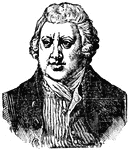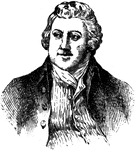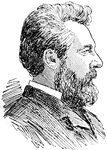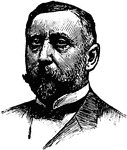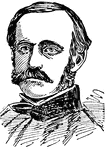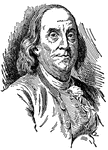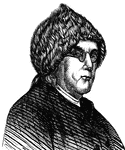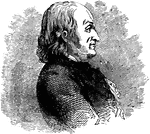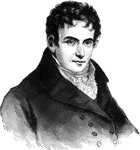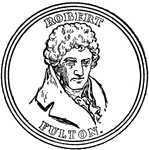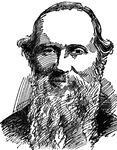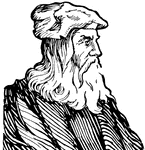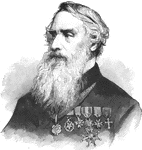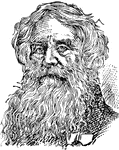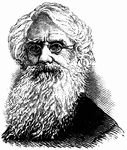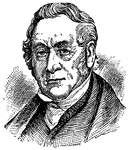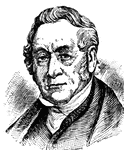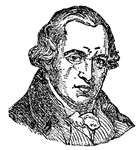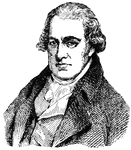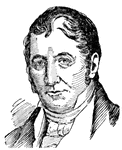Clipart tagged: ‘inventor’
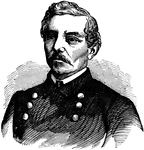
General Pierre Gustave Toutant Beauregard
Pierre Gustave Toutant Beauregard was a Louisiana-born author, civil servant, politician, inventor,…
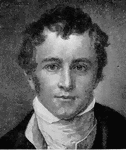
Sir Humphrey Davy
(1778-1829) British chemist and inventor remembered today for his discoveries of several alkali and…
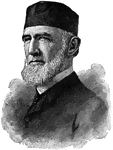
James Buchanan Eads
James Buchanan Eads (May 23, 1820 – March 8, 1887) was an American structural engineer and inventor.
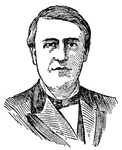
Thomas A. Edison
Thomas Edison invented the automatic repeater, duplex telephone, phonograph, the electric pen, the microphone,…
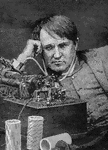
Thomas Alva Edison
"Thomas Alva Edison was born at Milan, Ohio, February 11, 1847, but the family soon after moved to Port…
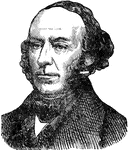
John Ericsson
John Ericsson (July 31, 1803 – March 8, 1889) was a Swedish inventor and mechanical engineer, as was…
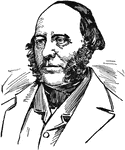
John Ericsson
John Ericsson (July 31, 1803 – March 8, 1889) was a Swedish inventor and mechanical engineer, as was…
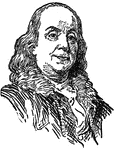
Dr. Benjamin Franklin
(1706-1790) United States diplomat, inventor, politician, and printer. Invented the Franklin stove,…
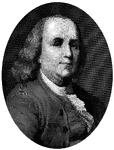
Dr. Benjamin Franklin
(1706-1790) United States diplomat, inventor, politician, and printer. Invented the Franklin stove,…
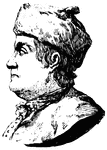
Dr. Benjamin Franklin
(1706-1790) United States diplomat, inventor, politician, and printer. Invented the Franklin stove,…
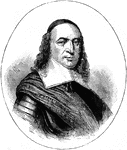
Benjamin Franklin
Benjamin Franklin (January 17, 1706 – April 17, 1790) was one of the Founding Fathers of the United…
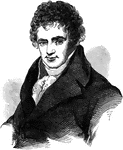
Robert Fulton
Robert Fulton (November 14, 1765 – February 24, 1815) was a U.S. engineer and inventor who is…
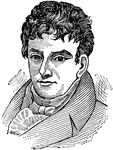
Robert Fulton
An American inventor who is widely credited with developing the first commercially successful steamboat.

Gunsmith: Eliphalet Remington
A young Eliphalet Remington working on his rifle. Eliphalet Remington (1793-1861) was a blacksmith and…
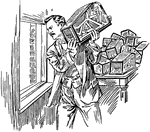
Inventor: Burroughs
"There's an end to my troubles," said William Seward Burroughs as he threw into the street the first…
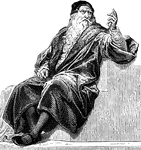
Leonardo Da Vinci
(1452-1519) Famous Italian polymath who was a successful scientist, mathematician, engineer, inventor,…

Samuel Finley Breese Morse
Samuel Finley Breese Morse (April 27, 1791 – April 2, 1872) was an American painter of portraits…
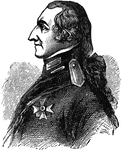
Count Rumford
Sir Benjamin Thompson, Count Rumford (26 March 1753 – 21 August 1814) was an Anglo-American physicist…
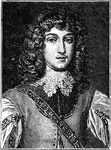
Prince Rupert of the Rhine
Rupert, Count Palatine of the Rhine, Duke of Bavaria, commonly called Prince Rupert of the Rhine, (17…
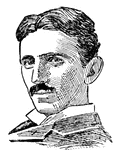
Nikola Tesla
(1857-1943) Austria-Hungarian electrician, physicist, and inventor. Nikola Tesla was born in 1856 into…
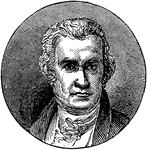
James Watts
James Watt (19 January 1736 – 25 August 1819) was a Scottish inventor and mechanical engineer…
